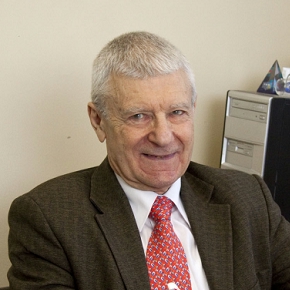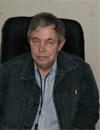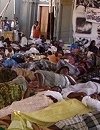 |
||
|
Russian shipbuilder, Defense Ministry agree nuclear sub prices RIA Novosti, PUBLISHED November 02, 2011 United Shipbuilding Corporation (USC) and the Russian Defense Ministry have agreed on prices for the Yasen and Borey class nuclear-powered submarines, a defense industry source said on Tuesday. Topics: Russia Other news: Belarus agrees to Russian building of nuclear station Belarus has already started working on the site, Lukashenko said. Russia, Bangladesh sign agreement to build nuclear power plant The agreement was signed by Rosatom's head Sergei Kiriyenko and Bangladeshi Minister for Science, Information and Technology Yeafesh Osman. Faster than light particles found in nuclear research experiment If the results are confirmed, they would fundamentally change the understanding of how the universe works. |
Hero of the day 
Georgy Toshinsky: Booming as a Driving Force to Trade (Reactors?) Not quite so. The authors of the concept, which was difficult to be realized in practice, turned to a clearer concept of a standing wave reactor (TP-1) that in principle allows finding the solution to the tasks stated for TWRs. INTERVIEW
Alexander Chistozvonov OPINION
Konstantin Bogdanov |

